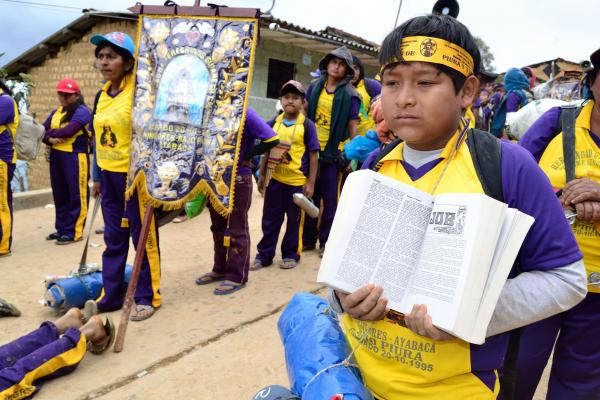Apr 28, 2022
If God tends to the lilies of the field, how much more will God protect the poor and oppressed (Matthew 6:25-34)? This is the correct definition of divine providence: God cares for, loves, and empathizes with the meek who will one day inherit the earth. This is the providence that theologian James H. Cone imagined in his seminal work God of the Oppressed: “God has not ever, no not ever, left the oppressed alone in struggle. He was with them in Pharaoh’s Egypt, is with them in America, Africa, and Latin America, and will come in the end of time to consummate fully their human freedom.”
Read the Full Article

Already a subscriber? Login
